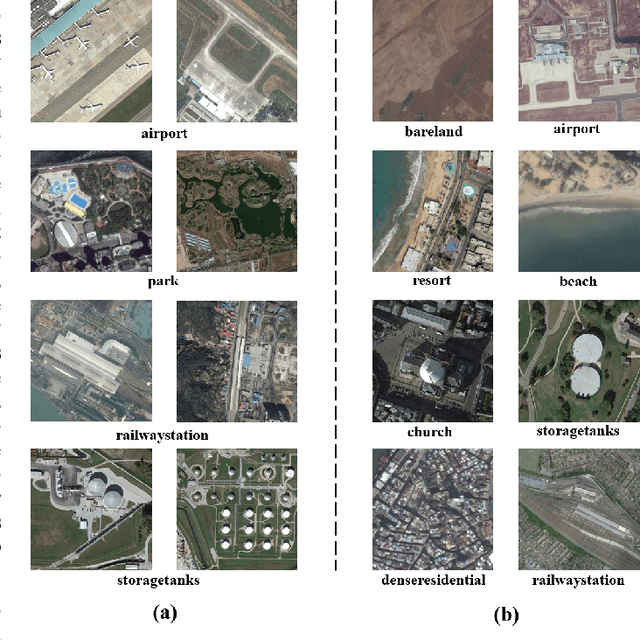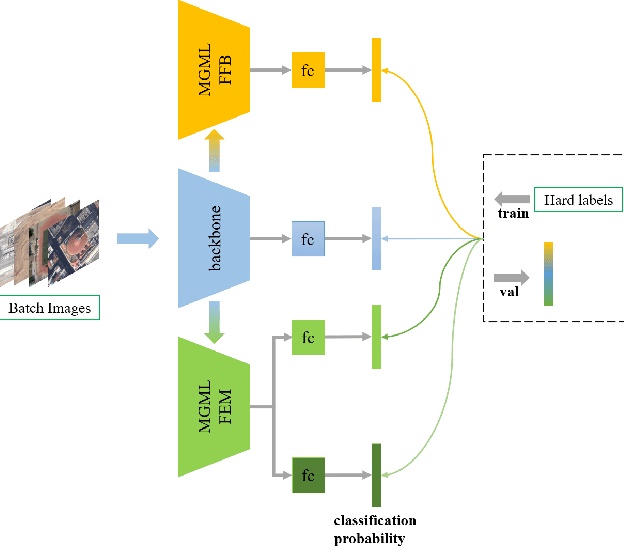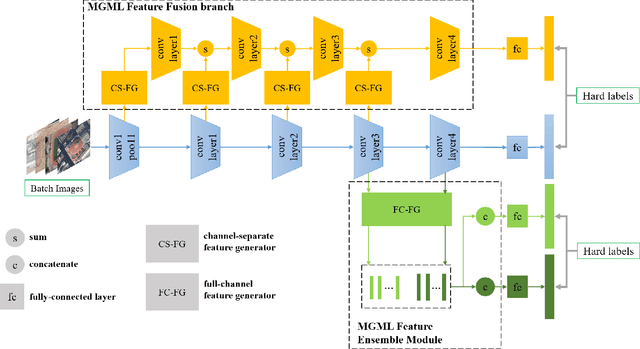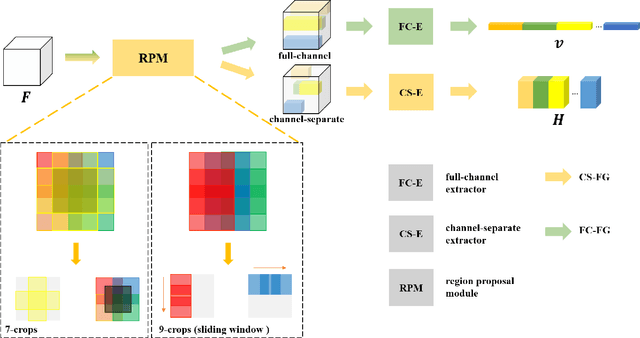Yuewen Li
AI-Driven Prediction of Cancer Pain Episodes: A Hybrid Decision Support Approach
Dec 18, 2025Abstract:Lung cancer patients frequently experience breakthrough pain episodes, with up to 91% requiring timely intervention. To enable proactive pain management, we propose a hybrid machine learning and large language model pipeline that predicts pain episodes within 48 and 72 hours of hospitalization using both structured and unstructured electronic health record data. A retrospective cohort of 266 inpatients was analyzed, with features including demographics, tumor stage, vital signs, and WHO-tiered analgesic use. The machine learning module captured temporal medication trends, while the large language model interpreted ambiguous dosing records and free-text clinical notes. Integrating these modalities improved sensitivity and interpretability. Our framework achieved an accuracy of 0.874 (48h) and 0.917 (72h), with an improvement in sensitivity of 8.6% and 10.4% due to the augmentation of large language model. This hybrid approach offers a clinically interpretable and scalable tool for early pain episode forecasting, with potential to enhance treatment precision and optimize resource allocation in oncology care.
MM-FSOD: Meta and metric integrated few-shot object detection
Dec 30, 2020



Abstract:In the object detection task, CNN (Convolutional neural networks) models always need a large amount of annotated examples in the training process. To reduce the dependency of expensive annotations, few-shot object detection has become an increasing research focus. In this paper, we present an effective object detection framework (MM-FSOD) that integrates metric learning and meta-learning to tackle the few-shot object detection task. Our model is a class-agnostic detection model that can accurately recognize new categories, which are not appearing in training samples. Specifically, to fast learn the features of new categories without a fine-tuning process, we propose a meta-representation module (MR module) to learn intra-class mean prototypes. MR module is trained with a meta-learning method to obtain the ability to reconstruct high-level features. To further conduct similarity of features between support prototype with query RoIs features, we propose a Pearson metric module (PR module) which serves as a classifier. Compared to the previous commonly used metric method, cosine distance metric. PR module enables the model to align features into discriminative embedding space. We conduct extensive experiments on benchmark datasets FSOD, MS COCO, and PASCAL VOC to demonstrate the feasibility and efficiency of our model. Comparing with the previous method, MM-FSOD achieves state-of-the-art (SOTA) results.
MGML: Multi-Granularity Multi-Level Feature Ensemble Network for Remote Sensing Scene Classification
Dec 29, 2020



Abstract:Remote sensing (RS) scene classification is a challenging task to predict scene categories of RS images. RS images have two main characters: large intra-class variance caused by large resolution variance and confusing information from large geographic covering area. To ease the negative influence from the above two characters. We propose a Multi-granularity Multi-Level Feature Ensemble Network (MGML-FENet) to efficiently tackle RS scene classification task in this paper. Specifically, we propose Multi-granularity Multi-Level Feature Fusion Branch (MGML-FFB) to extract multi-granularity features in different levels of network by channel-separate feature generator (CS-FG). To avoid the interference from confusing information, we propose Multi-granularity Multi-Level Feature Ensemble Module (MGML-FEM) which can provide diverse predictions by full-channel feature generator (FC-FG). Compared to previous methods, our proposed networks have ability to use structure information and abundant fine-grained features. Furthermore, through ensemble learning method, our proposed MGML-FENets can obtain more convincing final predictions. Extensive classification experiments on multiple RS datasets (AID, NWPU-RESISC45, UC-Merced and VGoogle) demonstrate that our proposed networks achieve better performance than previous state-of-the-art (SOTA) networks. The visualization analysis also shows the good interpretability of MGML-FENet.
 Add to Chrome
Add to Chrome Add to Firefox
Add to Firefox Add to Edge
Add to Edge